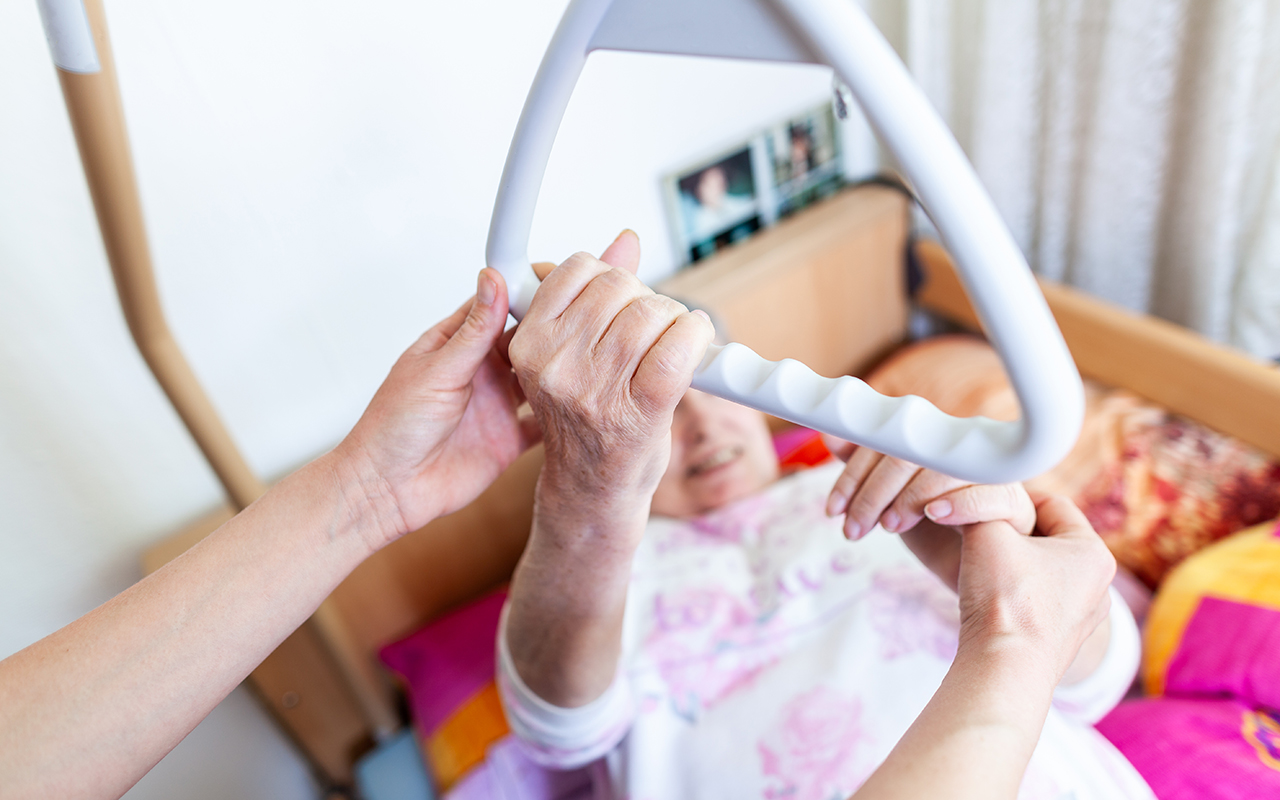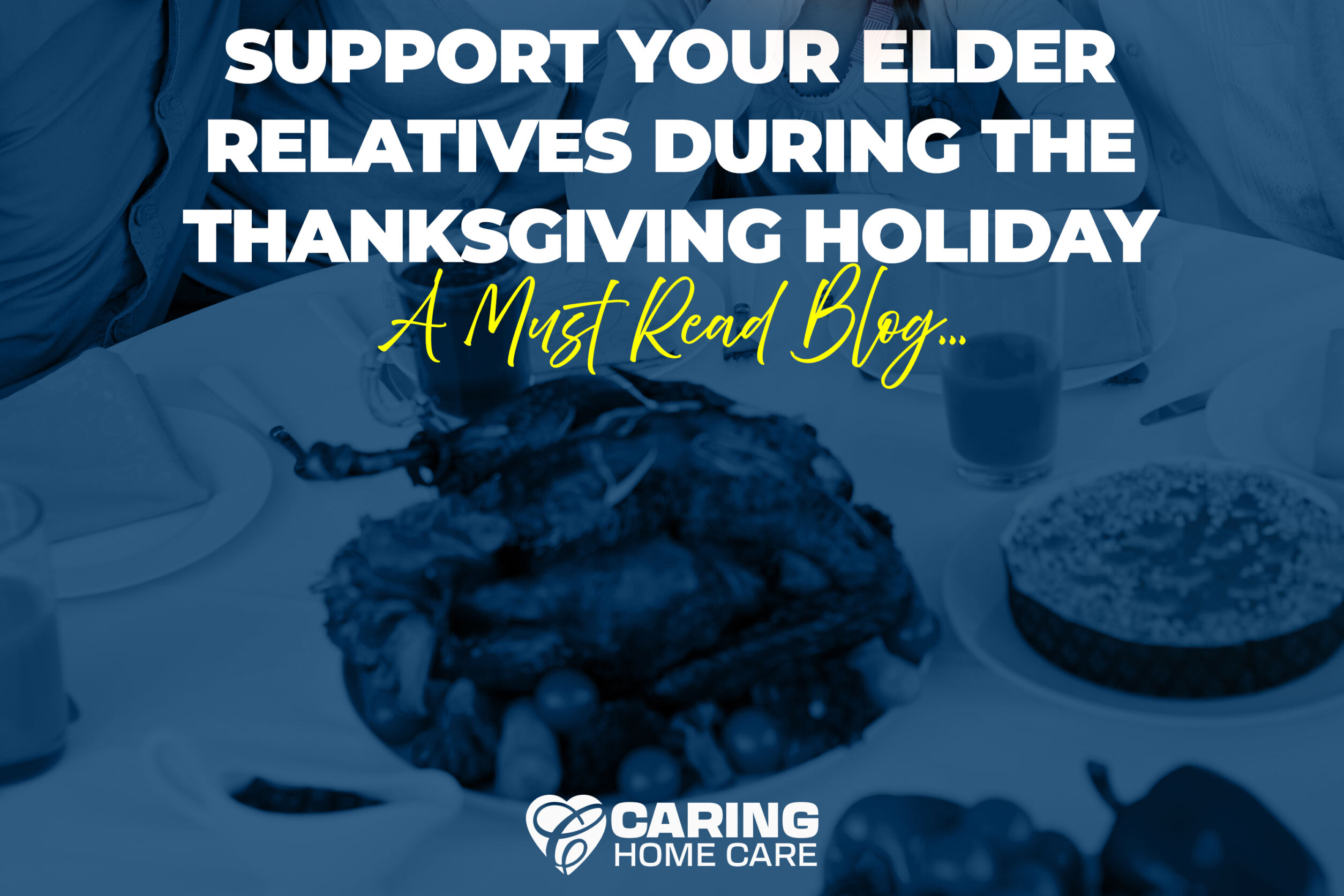Share
Balancing duties and finding time for personal life can be a challenging undertaking for most caregivers. A healthy balance between pursuing one’s own interests and hobbies and providing care for a loved one are equally as important. We have compiled a list of ways a family caregiver can find balance and avoid burnout.
Don’t Take On Too Much at Once
It is only natural to want the best for a senior’s well-being and health. However, taking on too many tasks at once might prove to be a wrong move as far as balancing out tasks goes. Try taking up a few tasks at a time while leveling out with personal interests and making time for hobbies and social life outside of work. When balancing life and work duties, make sure to not over-commit yourself.
Learn to Identify Early Signs of Burnout
Being tasked with the responsibility of providing long-term care for a loved one is a rewarding experience; however, there are responsibilities that could involve different forms of stress. If left unchecked, the emotional impact on a caregiver can snowball over time due to burnout. This can have a profound effect on your physical health, relationships, and mental health. As a caregiver, you are encouraged to cultivate strong emotional health by balancing out duties and learning to recognize signs of burnout early enough.
Take Time Off
It is important to allow your body and mind time to relax and unwind. Taking time off to relax is essential to your health and overall wellness. Think of it this way, you work hard, some well-deserved time off is only right. There are many ways to ensure your loved one receives proper care when you are not able to provide assistance.
Ask For Help
Caregiving duties and responsibilities may be overwhelming on some days and become a little too much to juggle. When this happens, it is natural to ask for help because after all, we are human. Getting the assistance you need for your loved one ensures consistency in the quality of care.
If you find that you need assistance in caring for your loved one, you can match them with one of our personal care aides based on specific needs. Learn more about Caring Home Care’s nurse registry today.
How Caregivers Can Reduce Injury While Assisting Seniors Providing daily care for seniors is meaningful work. It can also be physically demanding. Many caregiver injuries happen during lifting, transferring, or repositioning seniors. These injuries are often preventable when proper techniques are used. Learning caregiver injury prevention strategies protects both the caregiver and the senior. It
Why Professional Home Care Is Safer Than Family Only Care Caring for an aging loved one is deeply personal. Many families step in with the best intentions. However, as care needs increase, family only caregiving can become overwhelming and risky. This is where professional home care plays a critical role. Professional caregivers are trained, experienced,
Connecting During the Thanksgiving Holiday: How to Support Your Elder Relatives The Thanksgiving holiday is a time filled with warmth, gratitude, and meaningful family traditions. However, for many older adults, it can also be a period of loneliness or emotional distance. This is especially true for seniors who live alone, have limited mobility, or are
Transition to In-Home Care: Helping Seniors Adjust Comfortably to Elderly Care Services Understanding the In-Home Care Transition The decision to begin in-home care is a big step for both seniors and their families. It often marks the start of a new chapter—one focused on safety, comfort, and support. However, the in-home care transition can bring
Need A Caregiver? Fill Out Form Below
With our competitive rates, we make receiving in-home care affordable regardless of whether you’re using your insurance or paying out of pocket.







